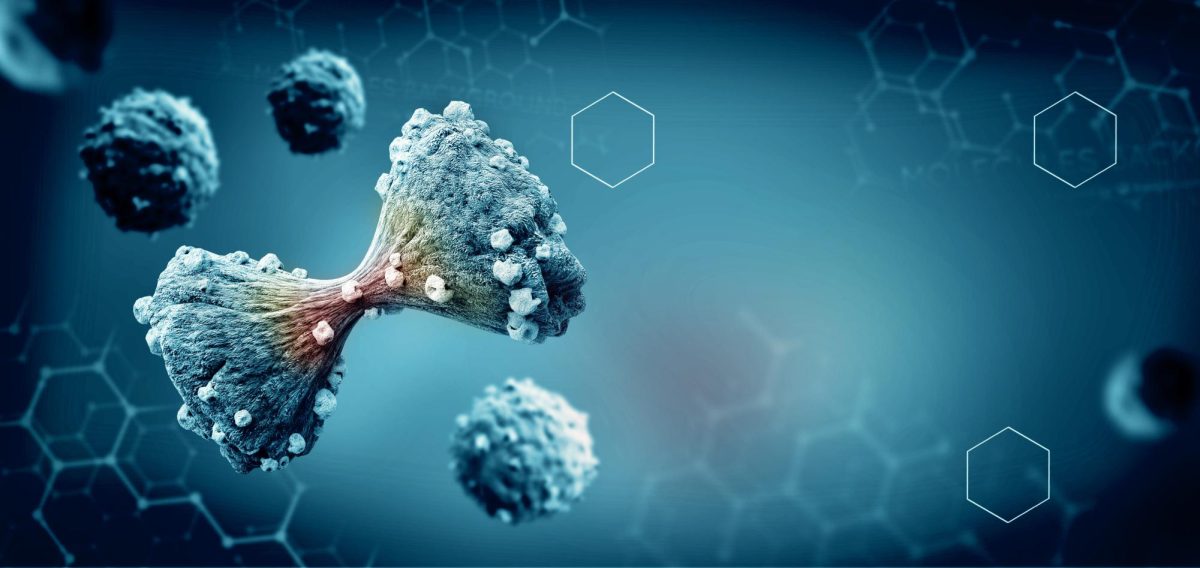Introduction
Imagine having an entire plastic spoon stuck inside your brain. Recent research shows that this may just be the case – in the form of microplastics and nanoplastics. Microplastics and nanoplastics, or MNPs, and tiny little shards of plastic that break down from larger plastic objects and spread everywhere – even the human body. When performing tests on human cadavers, scientists discovered that the human brain contained up to the weight of a plastic spoon in these MNPs.
Who is affected?
MNPs have been found to be present in the body – more specifically, the brain – regardless of age, gender, or ethnicity. One thing that has stood out is that deceased dementia patients tend to have 3-5 times the amount of MNPs than other patients. Additionally, levels of MNPs in brain tissue were 7 – 30 times higher than levels in the liver and kidney tissue. However, research only suggests a correlation between the concentration of MNPs and dementia, not a requirement for large amounts of MNPs.
What is the cause?
While the current causes of microplastics in the body remain unknown, scientists have a few theories. First, amounts of MNPs in the brain have risen by 50% between 2016 and 2024. At the same time, plastic production doubles roughly every 10 – 15 years. Logically, with both sets of data matching, we can assume a correlation between the two. Second, plastics love fats, or lipids. The theory is that they find their way into the lipids we ingest, and from there are sent to the organs that enjoy these lipids – among which is the brain.
Conclusion
While the existence of such a large amount of MNPs inside the human body can be disturbing, overall health consequences and information on other related topics remains largely unknown. Until more evidence is procured, we can help lessen this number by using plastic substitutes and reusing plastic objects in our daily lives.
RELATED STORIES
- https://www.nature.com/articles/s41591-024-03453-1
- https://pmc.ncbi.nlm.nih.gov/articles/PMC11100893/
- https://www.smithsonianmag.com/smart-news/the-human-brain-may-contain-as-much-as-a-spoons-worth-of-microplastics-new-research-suggests-180985995/
- https://hsc.unm.edu/news/2025/02/hsc-newsroom-post-microplastics-human-brains.html#:~:text=Now%2C%20University%20of%20New%20Mexico,just%20the%20past%20eight%20years.
- https://interestingengineering.com/health/human-brains-contain-spoonful-of-microplastics-dementia-risk-skyrockets-study
TAKE ACTION





